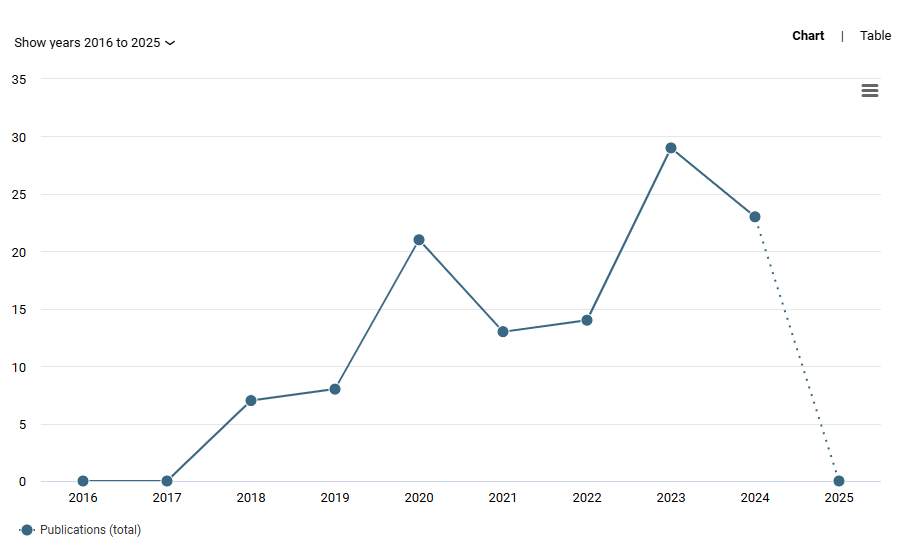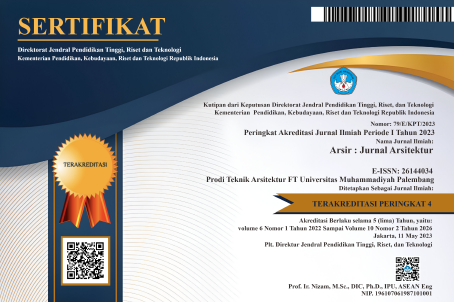Agroedutourism Development in Pagarawan Village Bangka Regency Based on Community Participation
DOI:
https://doi.org/10.32502/arsir.v8i1.106Keywords:
agroeduwisata, desa wisata, partisipasi masyarakatAbstract
Developing tourism villages with the concept of agroedutourism is one of the efforts to improve regional competitiveness. Pagarawan Village, Bangka Regency, has excellent potential to be developed as an agroedutourism village. This study aims to determine the development of agroedutourism in Pagarawan Village based on community participation. This research uses a qualitative method with a case study approach. Primary data was obtained through observation, interviews, and documentation. The results showed that the development of agroedutourism in Pagarawan Village is based on active participation from the community. This participation provides concrete benefits to the community, such as increased knowledge about agriculture and fisheries and increased income. The development of agroedutourism in Pagarawan Village is carried out by maximising the potential possessed by the village, such as its main tours, namely, oyster mushroom cultivation, freshwater fish farming, mangrove crab farming, and hydroponics. The supporting tours are fishing areas, culinary areas, outbound areas for children, lazy river areas, and water sports. The site can be developed into several activity spots prioritising the agriculture, fisheries, community, education, and tourism sectors. To make the tourism village sustainable, it requires active participation from the surrounding community in development and management and support from the local government.
Downloads
Published
How to Cite
Issue
Section
License
Copyright (c) 2024 Tiara Millenia Loziska, Sabrina Alifia Zahra, Danindra Atharikusuma

This work is licensed under a Creative Commons Attribution-ShareAlike 4.0 International License.
Arsir: Jurnal Arsitektur (AJA) have CC-BY-SA or an equivalent license as the optimal license for the publication, distribution, use, and reuse of scholarly work.
Authors who publish Arsir: Jurnal Arsitektur (AJA) agree to the following terms: Authors retain copyright and grant the Arsir: Jurnal Arsitektur (AJA) right of first publication with the work simultaneously licensed under a Creative Commons Attribution License (CC BY-SA 4.0) that allows others to share (copy and redistribute the material in any medium or format) and adapt (remix, transform, and build upon the material) the work for any purpose, even commercially, with an acknowledgement of the work's authorship and initial publication in Arsir: Jurnal Arsitektur (AJA). Authors are able to enter into separate, additional contractual arrangements for the non-exclusive distribution of the journal's published version of the work (e.g., post it to an institutional repository or publish it in a book), with an acknowledgement of its initial publication in Arsir: Jurnal Arsitektur (AJA). Authors are permitted and encouraged to post their work online (e.g., in institutional repositories or on their website) prior to and during the submission process, as it can lead to productive exchanges as well as earlier and greater citation of published work (see The Effect of Open Access).
![]()
Work is distributed below This work is licensed under a Creative Commons Attribution-ShareAlike 4.0 International License.










